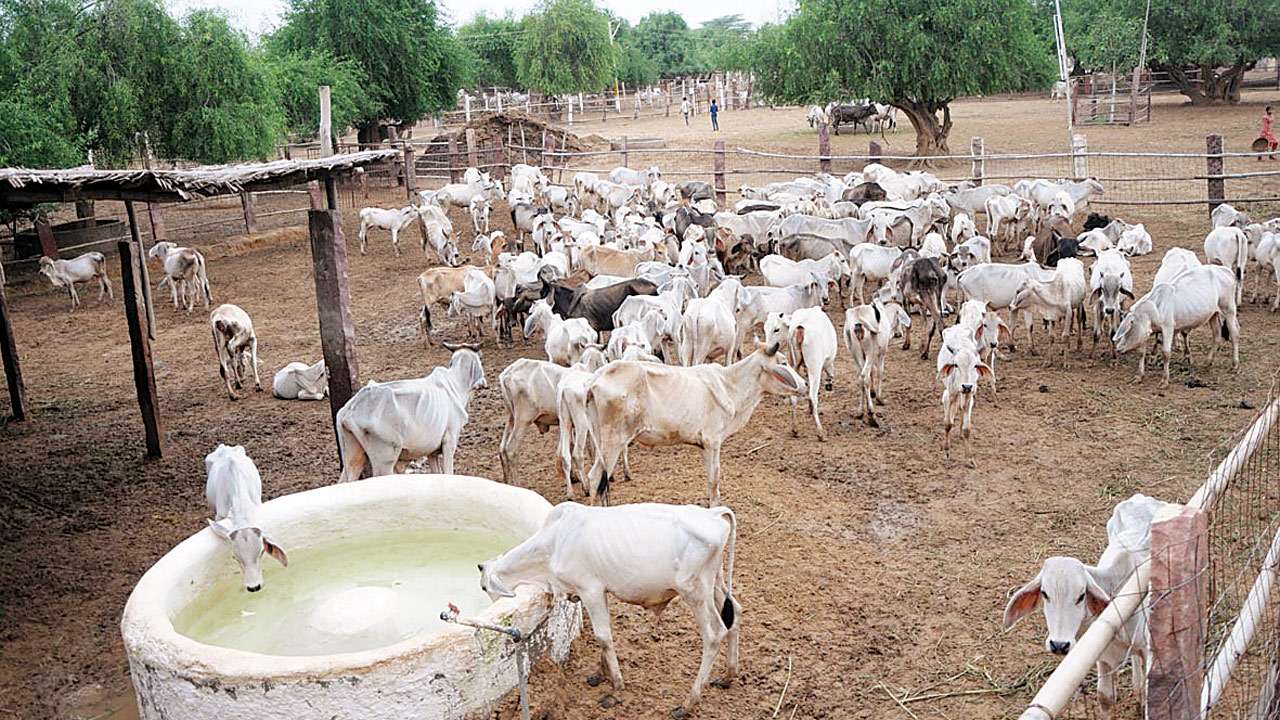
It’s difficult to say exactly when the Eureka moment first struck Congress President Rahul Gandhi. Around mid-2017, buffeted by state assembly defeat after state assembly defeat, Gandhi had his epiphany: the Hindu card.
Why hadn’t we thought of it earlier, he apocryphally asked his advisors. The Congress, he reckoned, had damaged itself electorally by being seen as a “Muslim party”. Hindus, even moderate longtime Congress supporters, were deserting the Congress.
The saffronisation of the Congress began haltingly. First came Gandhi’s widely publicised visit to the Kedarnath temple in Uttarakhand. The December 2017 Gujarat Assembly election was a key test laboratory. If the Congress’ new found Hindu-centricism found resonance in Prime Minister Narendra Modi home turf, long a polarised Hindutva stronghold, it could succeed in other states as well.
It did. Karnataka followed. As he had done in Gujarat, Gandhi visited several temples and declared himself a Shiva bhakt. But wouldn’t Muslims be upset? Gandhi was confident that Muslims would anyway not vote for the BJP. A bit of proto-Hindutva would retain the Congress’ traditional minority vote bank while recapturing the centrist Hindu vote, resentful of the Congress’ minority tilt.
With the key Madhya Pradesh assembly election due on Wednesday, November 28, the Congress has gone saffron with a vengeance. Its manifesto reads like a BJP manifesto. The Congress has promised the Madhya Pradesh electorate that it will build gaushalas in every panchayat. It has pledged to develop Rath Path Gaman, the route Lord Ram took during his exile.
The Congress manifesto goes on unblinkingly to say that it will begin commercial production of gau mutra (cow urine). To emphasise its new saffron credentials, in case there was any lingering doubt, the Congress has promised that, if elected, it will establish a “spiritual” department in its state government though it didn’t say whether sadhus or sants would head it.
Madhya Pradesh is possibly the most important assembly election of the five states now going to the polls. A Congress victory in Rajasthan is a foregone conclusion despite a late BJP resurgence: the only question is whether veteran Ashok Gehlot or young turk Sachin Pilot will be the chief minister.
Chhattisgarh will see a close battle but the BJP is likely to eke out a slim majority. The TRS will sweep Telangana while the result in Mizoram with its fragmented politics, whichever way it goes, will not have national impact.
Madhya Pradesh will. It is a knife-edge election with much at stake. If the Congress wins, it will have four big states – Karnataka, Punjab, Rajasthan and Madhya Pradesh – in its bag ahead of the 2019 Lok Sabha election.
Personal reputations too are at stake in Madhya Pradesh: Jyotiraditya Scindia, Kamal Nath and Digvijaya Singh have put themselves on the line for the Congress. For three-term chief minister Shivraj Singh Chouhan it’s a do-or-die election.
A victory in Madhya Pradesh will boost Gandhi’s political stock as much as it will dim BJP president Amit Shah’s halo of invincibility. Sensing that the saffron rug had been pulled from under his feet, Shivraj Singh Chouhan has focused his election campaign on vikas. “The Ram Mandir is there,” he says, “but for us it is vikas, development.” Chouhan knows that the Madhya Pradesh electorate takes his and the BJP’s saffron credentials for granted. After all, the foundation of the country’s first cow sanctuary, he points out, was laid by RSS chief Mohan Bhagwat.
Confident of its grip on the saffron vote, the BJP has dismissed the Congress’ pledge to build “many more cow sanctuaries” as an electoral gambit. The Congress’ Madhya Pradesh manifesto committee chairman and deputy speaker of the state assembly Rajendra Singh is disarmingly candid about the party’s Hindutva strategy: “The BJP used to brand us as a Muslim party. It’s a conscious decision to shed that tag thrust on us by our rivals. Earlier, we did not do anything to change the perception. We are not a Muslim party, we are a secular party. But it’s true that you can’t win elections without taking care of the majority community. We do respect Muslims.”
Singh justifies the party’s rightward swing with more artless candour: “When you have a gaushala you will also have dung and urine. Why let it go waste? When gau mutra is purchased for pesticides why not sell it? The cow is a sacred animal for us. We can’t encourage slaughter at any cost but legal transportation must be allowed for agricultural purposes because the livelihood of many depends on it.”
Will Gandhi follow this saffron-lite strategy at the national level? A gaushala-friendly policy may not work in states like Uttar Pradesh and Bihar where the percentage of Muslims is higher than in Madhya Pradesh. Ironically, while the Congress is adopting saffron, the BJP is wooing Muslims, especially Shias, Bohras and Memons, seen as being friendlier to the BJP than the majority Sunnis.
As both Congress and BJP shed their historical positions and ideological lines begin to blur, religion could in future, counter-intuitively, play a less defining role in determining election results. Both parties, ideological clones, will then compel voters to judge them on the only criterion that matters: development.
Author is a well-known writer